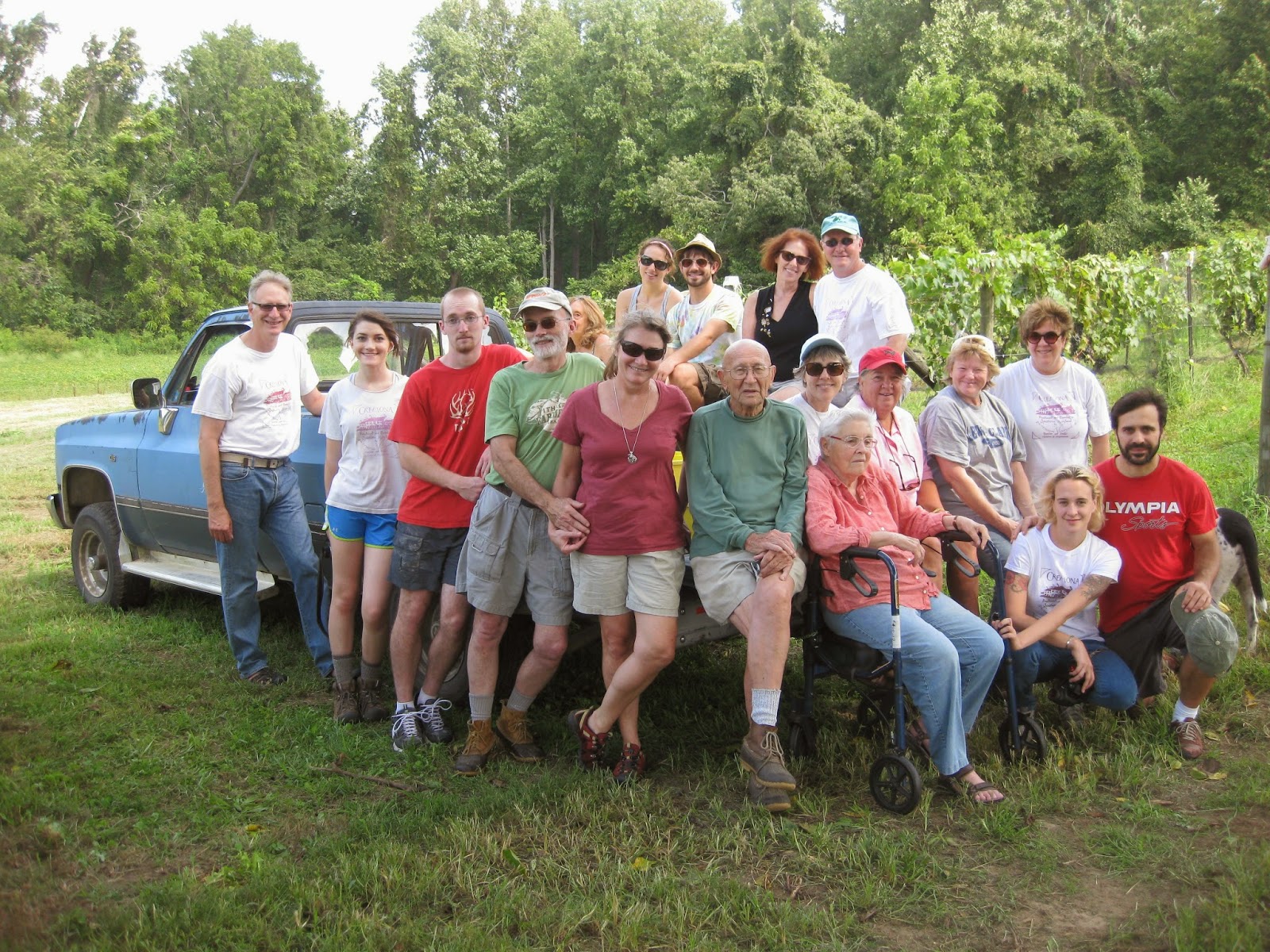Dedicated to Brian C.
Kevic
When I was in my mid-twenties I read A Different Woman by Jane Howard.
It really affected me. Now I barely remember it, but it was the first (the
only?) time I wrote a fan letter to an author. Somewhere I still have the South
Carolina picture postcard from Jane
Howard wishing me well.
Wishing me well. Years later, I can look back and know that
I did well, in part from something I learned from A Different Woman. Forty years later what I remember from Jane
Howard is learning the Yiddish word “mishpocha.” According to one definition
mishpocha is an “entire family network or relatives by blood or marriage (and
sometimes close friends).” The term stuck with me then and stays with me today.
But, when I read the book I was new to Washington, DC, and very much alone and
on my own.
A West Coast transplant, I needed people who were more than
friends or as good friend Louise Malone would say, I needed an “anchor.” Long
before I got into aviation, I knew I couldn’t fly solo. I needed people, people
who could substitute or who were nearly family.
On the surface, I was independent and self sufficient, but I
needed that feeling of belonging. You know, the saying about family being
people who have to take you in. I wanted to be taken in. I think Louise saw
through my many excuses, reasons, artifices for why I needed taking in. But she
took me without question.
I was fortunate. I found not one but two Maryland
mishpochas. I had invites to family gatherings, holiday meals, birthdays,
vacations and more. I contributed in my way. I took baby pictures, wedding
photos, schlepped a projector and 16mm movies to the mountains, and became
famous for my southern fried chicken (secret: buttermilk) and my pecan pie
(secret: talk it up).
I had surrogate siblings, parent figures, cousins and more.
With no nieces or nephews from my siblings, as my mishpocha sisters and
brothers married and started families, I got to be an honorary aunt.
That is indeed an honor.
All the while, part of me knew I was always navigating a
firm and fine line between being guest and family, but, boy, did my heart soar
when weeks before her death one mishpocha matriarch introduced me as daughter.
Forty years in to learning the word, mishpochas are on my
mind. Last week, I visited the 93-year-old matriarch and patriarch of one of my
near clans. This week, an almost nephew from the other clan died suddenly. I
was on the to-call list.
I grieve the loss of a gentle man who I well remember as the
sweet boy in my early photographs of family gatherings in the cabin near the
Appalachian Trail. I still miss his
father’s hearty laugh and fondness for my pecan pie.
Mishpochas have enriched my life. After marrying and having
children of our own, mishpochas gave our daughters near cousins, almost aunts,
Dutch and non-Dutch uncles, and a feeling of community and belonging that is so
missing from our modern fractured and fragmented lives.
As Jane Howard put it, “Call it a clan, call it a network,
call it a tribe, call it a family:
Whatever you call it, whoever you are, you need one.”
Yes, you do. Yes, I do. Thank you, Maryland
mishpochas.









